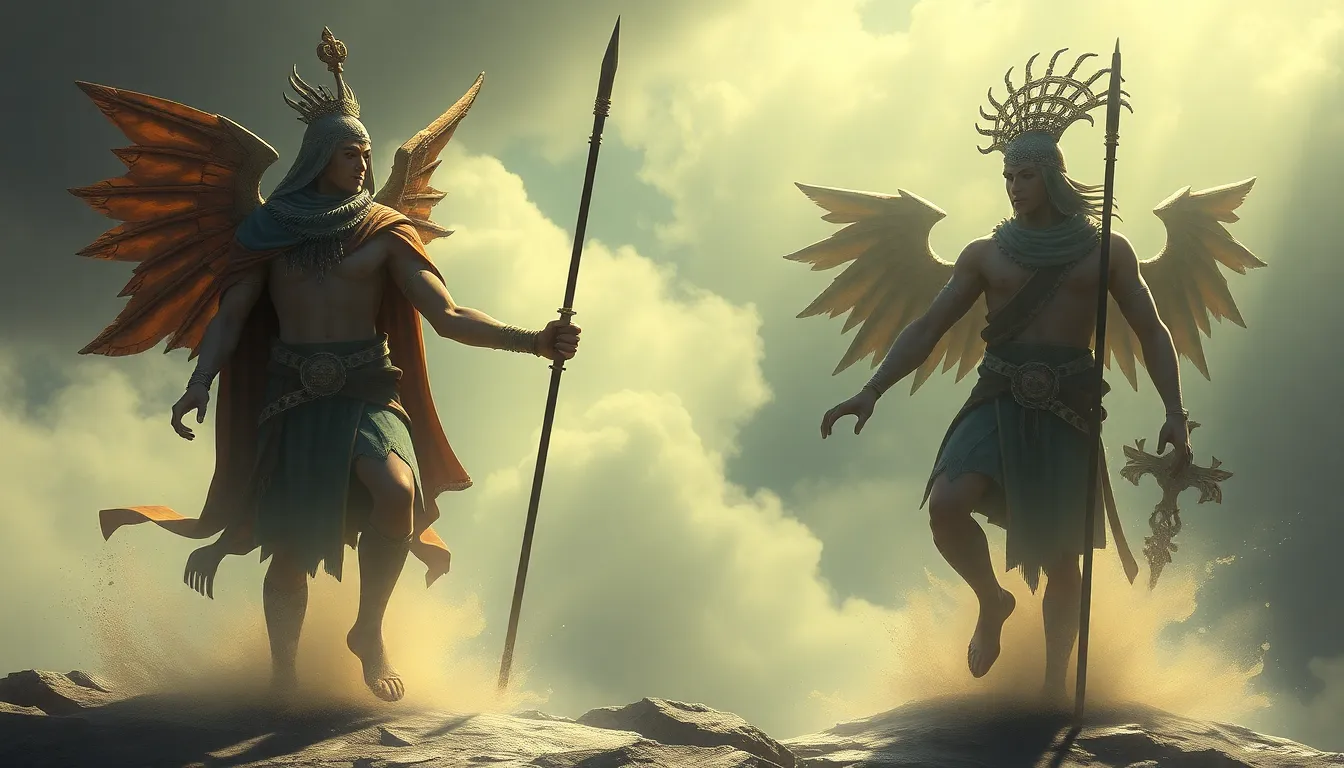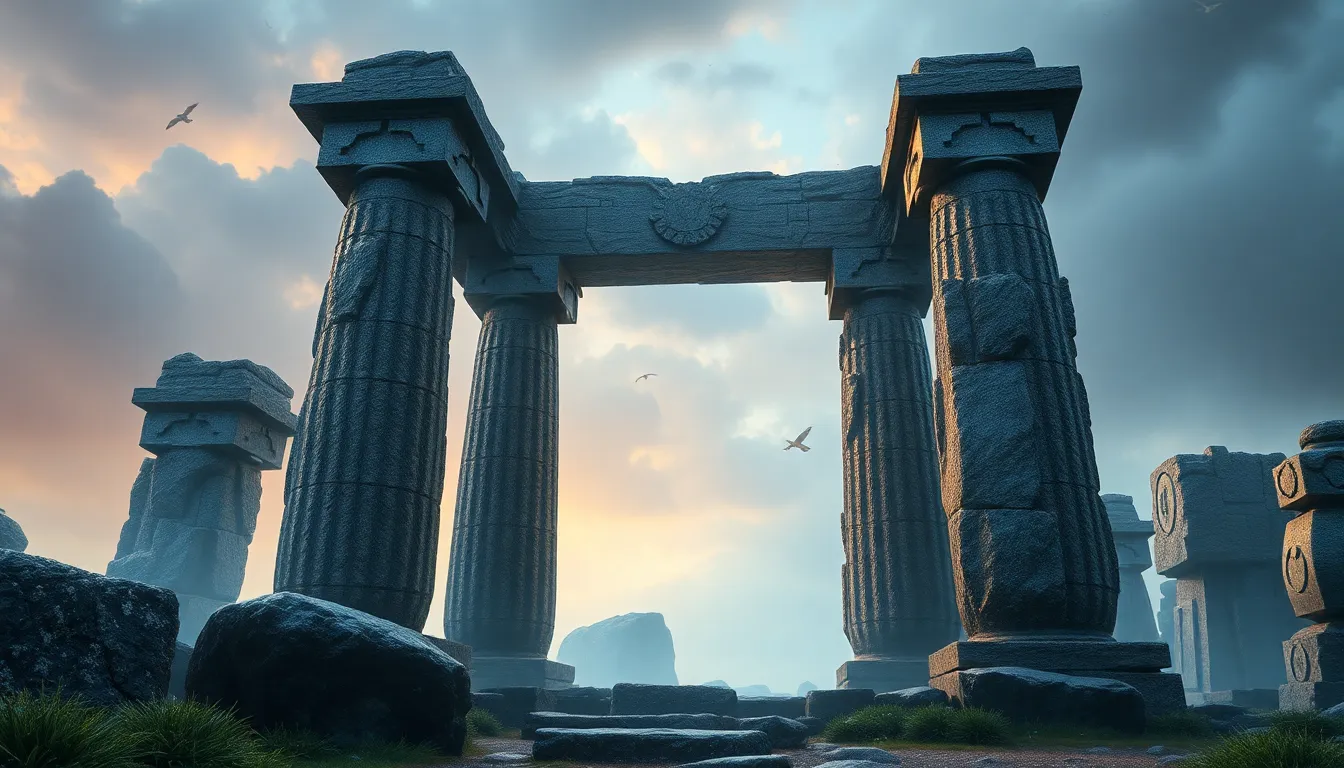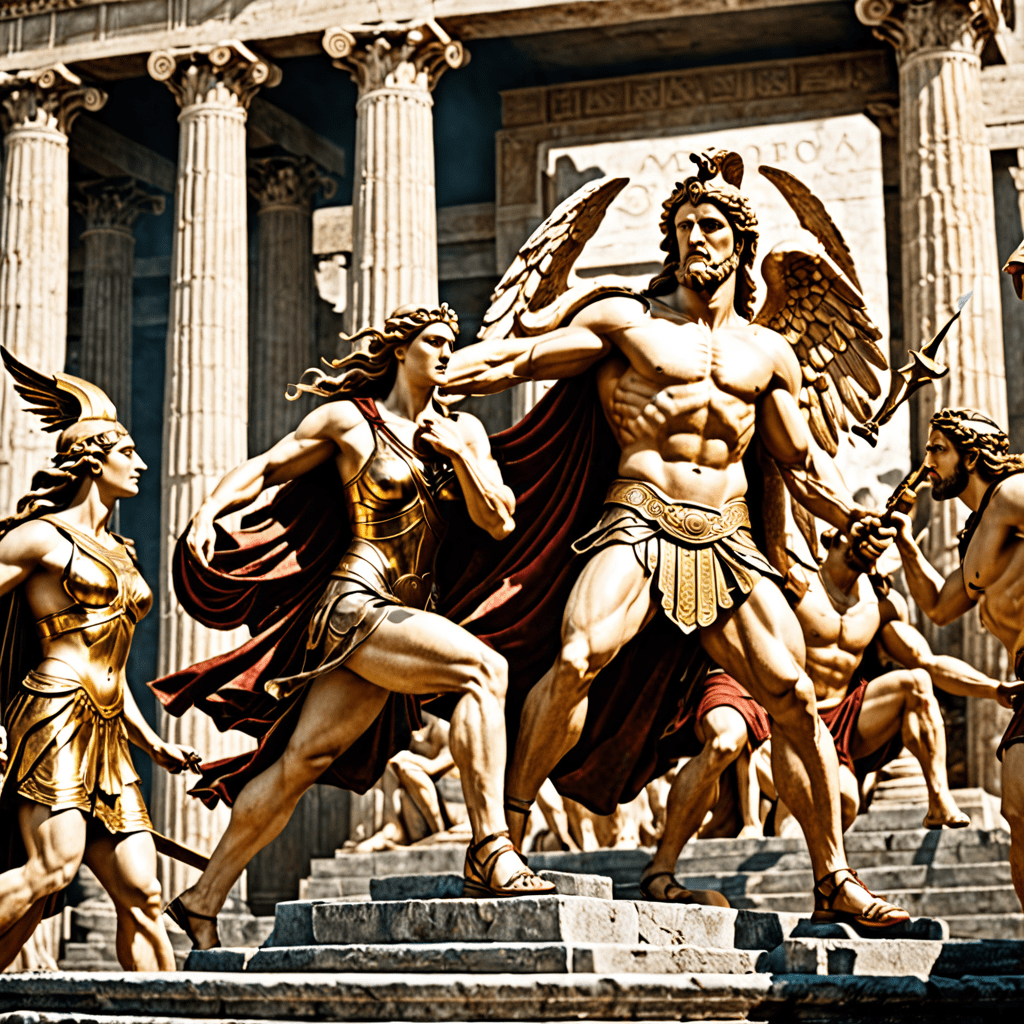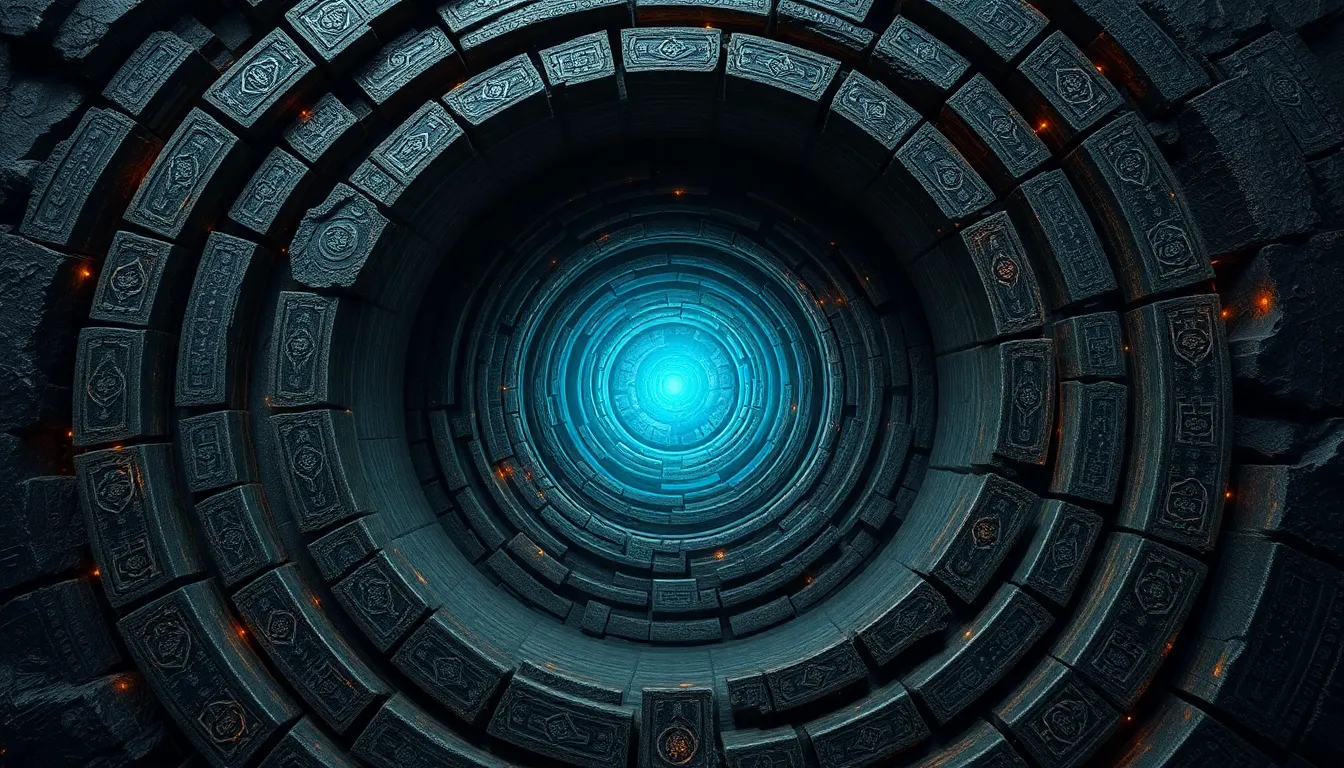10 Mind-Blowing Cultural Hero Myths You Never Knew
1. Introduction: The Allure of Cultural Hero Myths
Cultural hero myths serve as powerful narratives that shape the identities, values, and beliefs of societies. These stories often revolve around individuals who embody ideal virtues and undergo extraordinary journeys, resonating through generations. The importance of these myths lies not only in their entertainment value but also in their ability to convey moral lessons, cultural norms, and historical experiences. This article aims to explore ten fascinating cultural hero myths from various traditions worldwide, revealing how they reflect the human experience and enrich our understanding of different cultures.
2. The Origins of Hero Myths: A Historical Perspective
Hero myths have emerged throughout history across diverse cultures, often serving as a means to explain complex human experiences and societal challenges. Common themes in hero narratives include:
- Bravery in the face of adversity
- Self-sacrifice for the greater good
- Transformation and redemption
- Connection to the divine or supernatural
Oral traditions and storytelling played a crucial role in preserving these myths, allowing them to evolve over time while remaining relevant to new generations. From ancient epics to modern adaptations, the hero’s journey remains a central motif in the human narrative.
3. Myth #1: The Forgotten Warrior of Ancient Sumer
One of the earliest hero myths can be found in ancient Sumer, where the tale of the Forgotten Warrior unfolds. This hero, often depicted as a valiant soldier who fought against overwhelming odds, symbolizes the resilience of the Sumerian people. His story emphasizes themes of courage and honor, reflecting the values of a society that revered strength and loyalty.
The cultural impact of this myth extended beyond Sumer, influencing neighboring civilizations and contributing to the development of epic literature. Comparatively, his narrative shares similarities with other ancient warrior myths, such as those of Achilles in Greek mythology and Gilgamesh, another Sumerian hero.
4. Myth #2: The Enigmatic Trickster of the African Diaspora
In African folklore, the trickster figure is a pivotal cultural hero who embodies wit, cunning, and the ability to navigate complex social landscapes. This character often teaches valuable moral lessons and reflects community values through humorous and thought-provoking tales.
Examples of trickster figures include:
- Anansi the Spider from West African folklore
- Br’er Rabbit from African American storytelling
- Esu from Yoruba religion
These characters challenge authority and social norms, illustrating the importance of intelligence and creativity in overcoming obstacles, reinforcing the idea that wisdom often trumps brute strength.
5. Myth #3: The Celestial Maiden of East Asian Legends
The tale of the Celestial Maiden is a captivating myth found in various East Asian cultures, particularly in Chinese and Japanese folklore. This story typically involves a beautiful maiden from the heavens who descends to Earth, often bringing blessings or knowledge to humanity.
Cultural interpretations of the celestial maiden vary, with symbolic meanings that include:
- The intersection of the earthly and the divine
- The celebration of beauty and grace
- The exploration of love and sacrifice
The influence of this myth extends into art and literature, inspiring countless works that reflect the complex relationship between the celestial and the terrestrial.
6. Myth #4: The Legendary Healer of Indigenous North America
Indigenous cultures of North America often celebrate the figure of the Legendary Healer, a hero whose journey involves not only physical healing but also spiritual and communal restoration. This hero typically possesses a deep connection to nature and is often portrayed as a bridge between the natural and spiritual worlds.
Their role in community health includes:
- Utilizing traditional medicine and rituals
- Guiding individuals through personal and communal struggles
- Teaching the importance of harmony with nature
The legacy of the healer remains relevant today as many Indigenous communities strive to preserve traditional healing practices and advocate for holistic health approaches.
7. Myth #5: The Outcast Hero of Medieval Europe
The Outcast Hero is a prominent archetype in European folklore, representing individuals who, despite societal rejection, rise to greatness through their unique qualities. These heroes often embark on quests that challenge social norms and reveal deeper truths about humanity.
These stories reflect societal values and conflicts, showcasing themes of:
- Redemption and acceptance
- The struggle against oppression
- The power of individuality
Modern interpretations of this archetype can be seen in literature and films, where characters like Frodo Baggins from “The Lord of the Rings” and Harry Potter exemplify the outcast hero’s journey.
8. Myth #6: The Guardian Spirit of the Amazon Rainforest
Among the Amazonian tribes, the myth of the Guardian Spirit serves as a vital cultural narrative that emphasizes the interconnectedness of humanity and nature. This spirit is believed to protect the rainforest and its inhabitants, embodying the values of conservation and respect for the environment.
The relationship between this myth and environmental conservation is significant, as it highlights:
- The spiritual significance of biodiversity
- The importance of sustainable practices
- The role of indigenous knowledge in protecting ecosystems
In contemporary discussions, this myth resonates with global movements advocating for environmental justice and the preservation of natural habitats.
9. Myth #7: The Time-Traveler of Ancient Mesopotamia
The Time-Traveler hero from Ancient Mesopotamia captivates audiences with a narrative that explores the concept of time itself. This hero often possesses the ability to traverse different epochs, encountering historical figures and pivotal moments in human history.
The implications of this myth extend beyond mere storytelling, as it invites philosophical reflections on:
- The nature of time and existence
- The significance of choices and consequences
- The interconnectedness of past, present, and future
This myth resonates with modern concepts of time travel in literature and film, echoing the timeless fascination humans have with understanding and manipulating time.
10. Conclusion: The Enduring Legacy of Cultural Heroes
The exploration of these ten mind-blowing cultural hero myths reveals the rich tapestry of human experience woven through storytelling. Each myth serves as a reflection of the values, struggles, and aspirations of the cultures from which they originate. As we continue to share and adapt these narratives, the legacy of cultural heroes endures, reminding us of our shared humanity and the timeless lessons that echo through generations.




